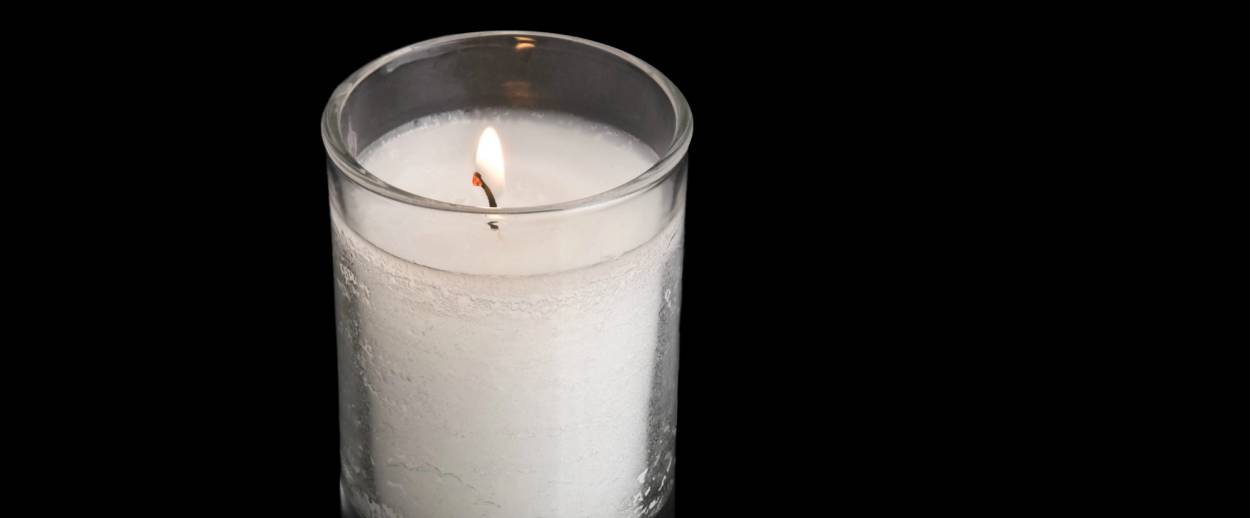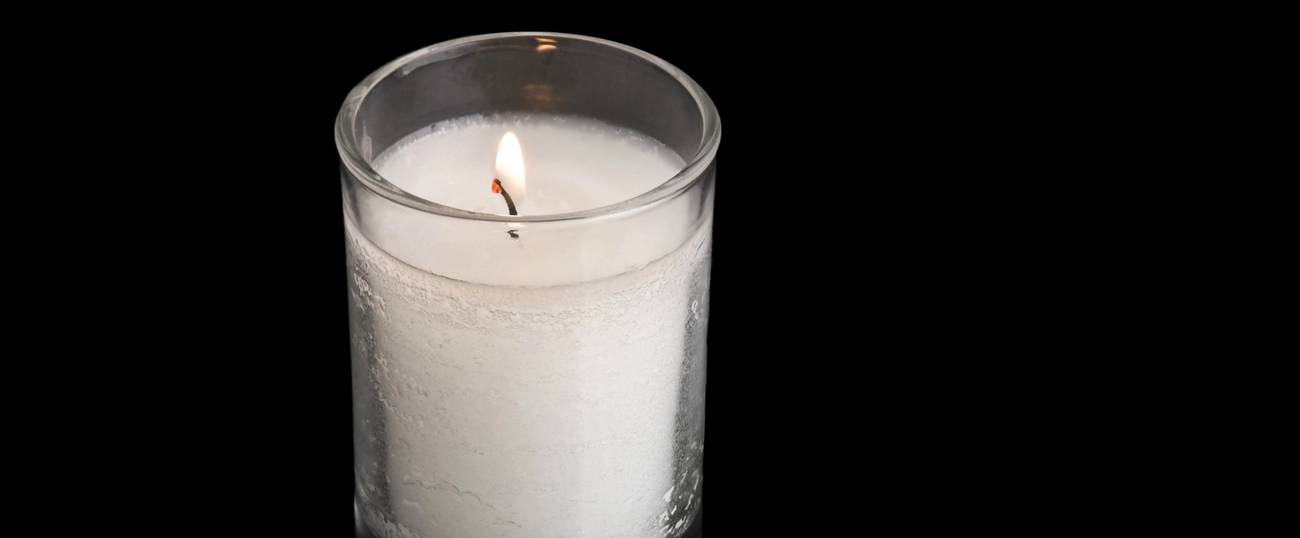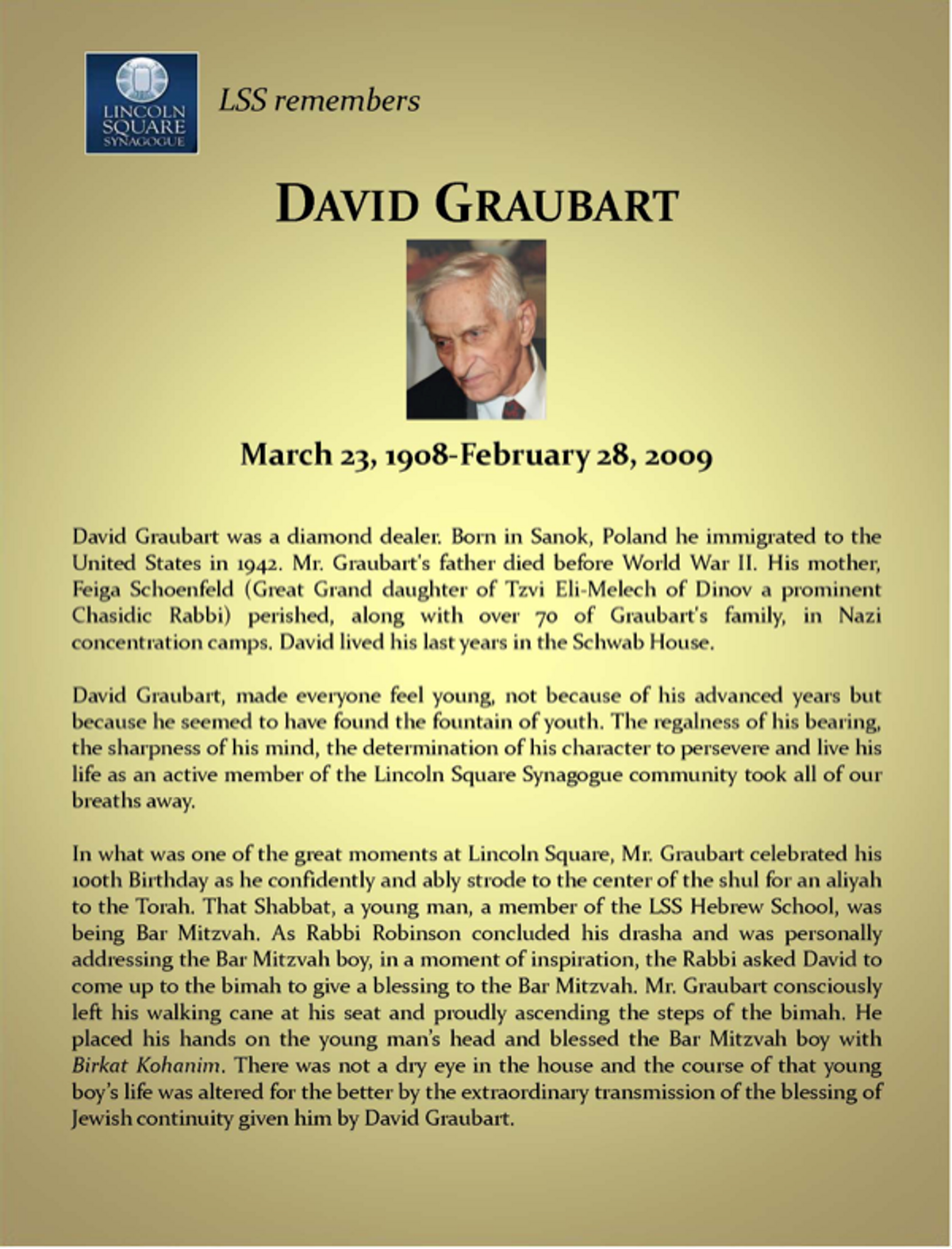To Remember the Departed on Yom Kippur, One Congregation Prints Up Yizkor Cards
Lincoln Square Synagogue makes sure no Jew is forgotten




Walking out of the synagogue for Yizkor as a young boy always seemed to be a great break from the tedium of lengthy holiday prayer services. I didn’t understand what went on inside the sanctuary during Yizkor, but I was glad to be able to socialize with friends. As I grew a little older, the tears on the faces of those who had remained inside finally started to register, but the actual service remained a mystery.
It wasn’t until my late 20s, with the passing of my father, that I became a Yizkor insider. The service is remarkably personal; affording the opportunity to focus on a departed loved one. As the losses in my life have accumulated, the time for Yizkor has become an important component of my remembering parents, siblings and a child who have passed on. Over the years, I have attempted to redirect my Yizkor kavanah from a focus on loss to a focus of remembering, from sadness over what I no longer have to reflection on how those who were central to my life still inspire my actions, even without their physical presence.
And then Mr. Grodnick passed away. I didn’t know Max Grodnick well, but he was a nonagenarian who lived in my apartment building. When he was able to come to the old Lincoln Square Synagogue, Max sat right in the front row, in the center seat, right between Chazzan Goffin and the Rabbi so that he could hear and see as best he could. It happened to be where I sat so that my children had access to climb up and down the steep carpeted staircase of the stadium-seating sanctuary. He started to bring candy, and my children started to sit on his lap and retrieve his cane for him at the end of services. When he missed a couple of weeks, my wife, children and I went to visit him. It was then that we found out that he was a very proud uncle, but had no children of his own.
When the next Yizkor came after his death, and I was immersed in my own memories, I began to think about Max and felt sad that he had no one to say Yizkor for him. So at that time I committed to say Yizkor on his behalf. Over time I found other people who had taken it upon themselves to say Yizkor for other individuals who were left without family. Over the years, there have been more and more of these individuals who have departed and left an LSS community diminished by their absence. After discussion with Rabbi Robinson, a new project was conceived: Yizkor Cards.

The cards were prepared with a picture of the individual, a brief biography or anecdote about the individual written by a member of the community, and the Yizkor prayer in Hebrew, transliterated and in English with the person’s name filled in. The permission of any remaining relatives was always sought and (almost) always gratefully granted.
A preliminary set of eleven cards for eleven individuals was memorialized, and the plan was for Rabbi Robinson to announce that there were some valued community members who had passed without descendants to say Yizkor for them and asked for volunteers who would be willing to remember that individual. We were not sure if this would be well received, if it was to be an intrusion on a very private moment. I was thankful to have been elsewhere that first Yizkor. When I returned, the Rabbi informed me that over 100 hands went up as volunteers. He was overwhelmed with the positive response and said that we needed to make multiple sets of the cards. This Yom Kippur, there will be nearly 50 Yizkor Cards distributed at Lincoln Square Synagogue.
The Yizkor Card Project has become a reflection of the Lincoln Square Synagogue community. It is not just as a place that people gather to pray, but a multi-generational symbiotic entity whose diverse past contributors nourish its current contributors. It is a place where the loss of any individual is a hole in the fabric of the community that is not patched by another member, but is embroidered by those who remain. It provides us with an opportunity to remember those who changed our community and still have opportunity to inspire us.
C.S. Emet is a pseudonym for a businessman and long-time congregant at Lincoln Square Synagogue.